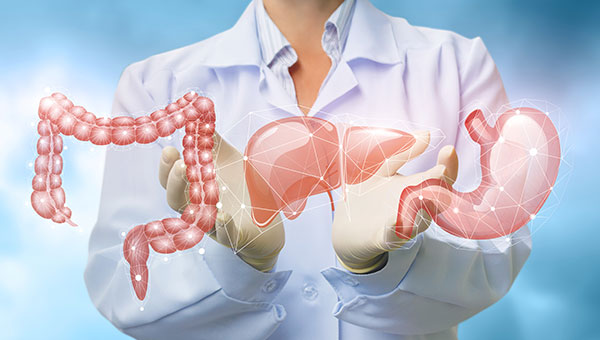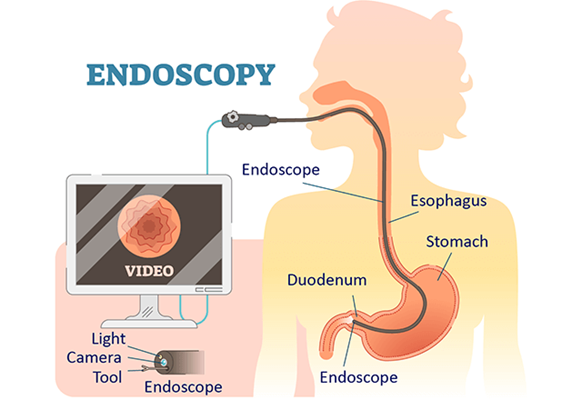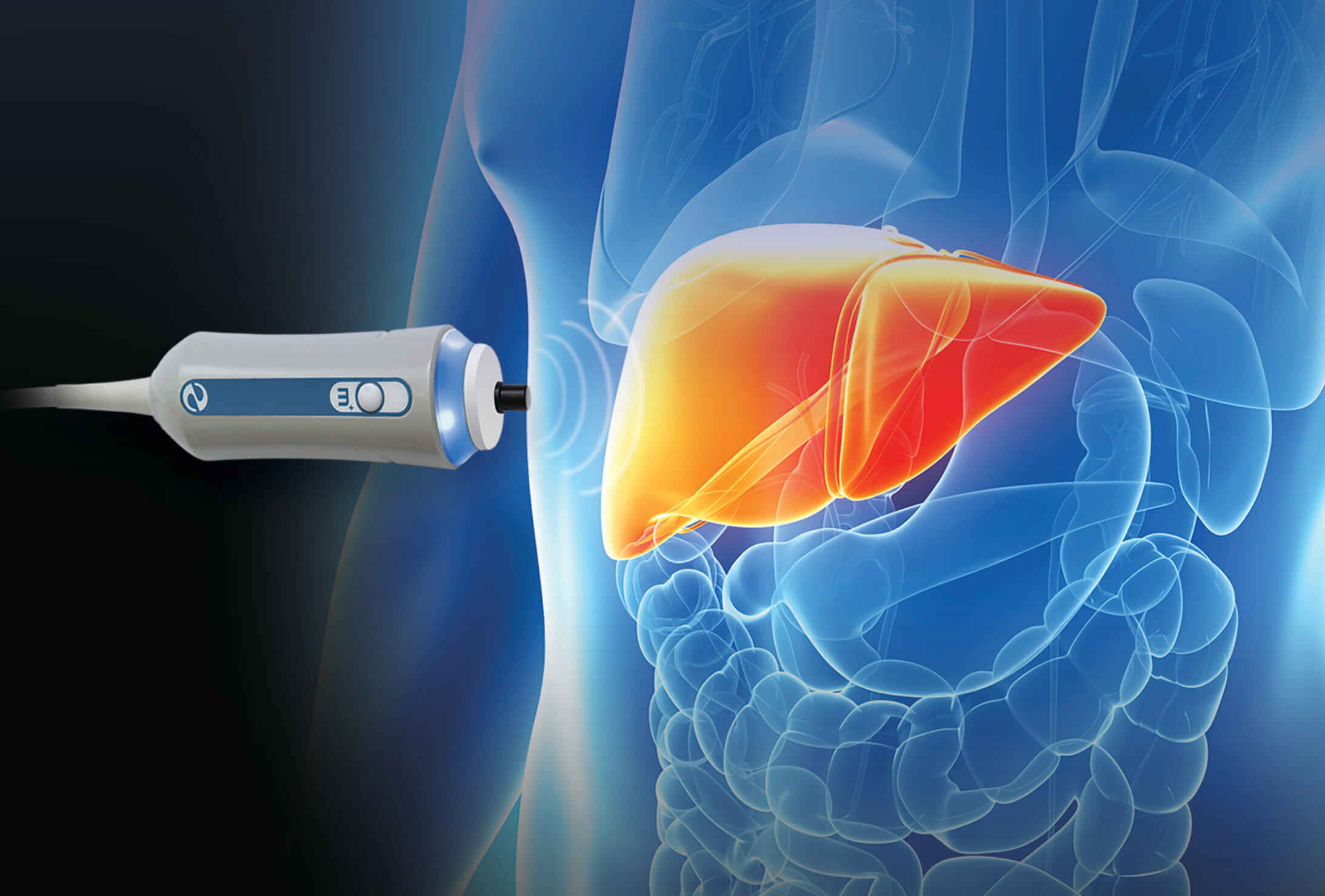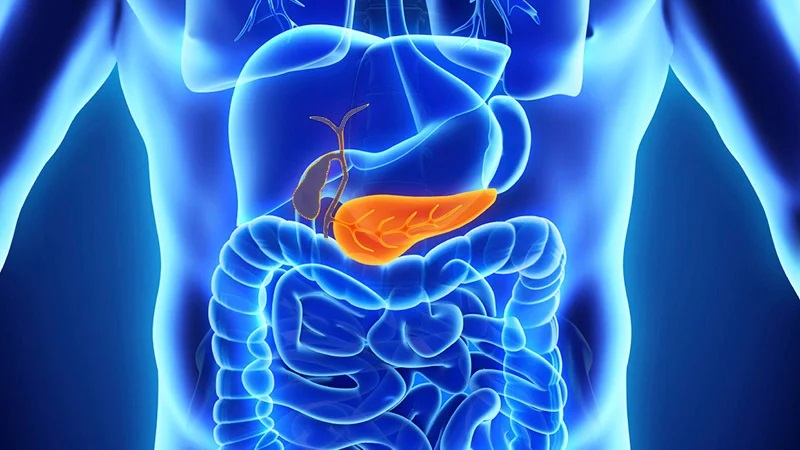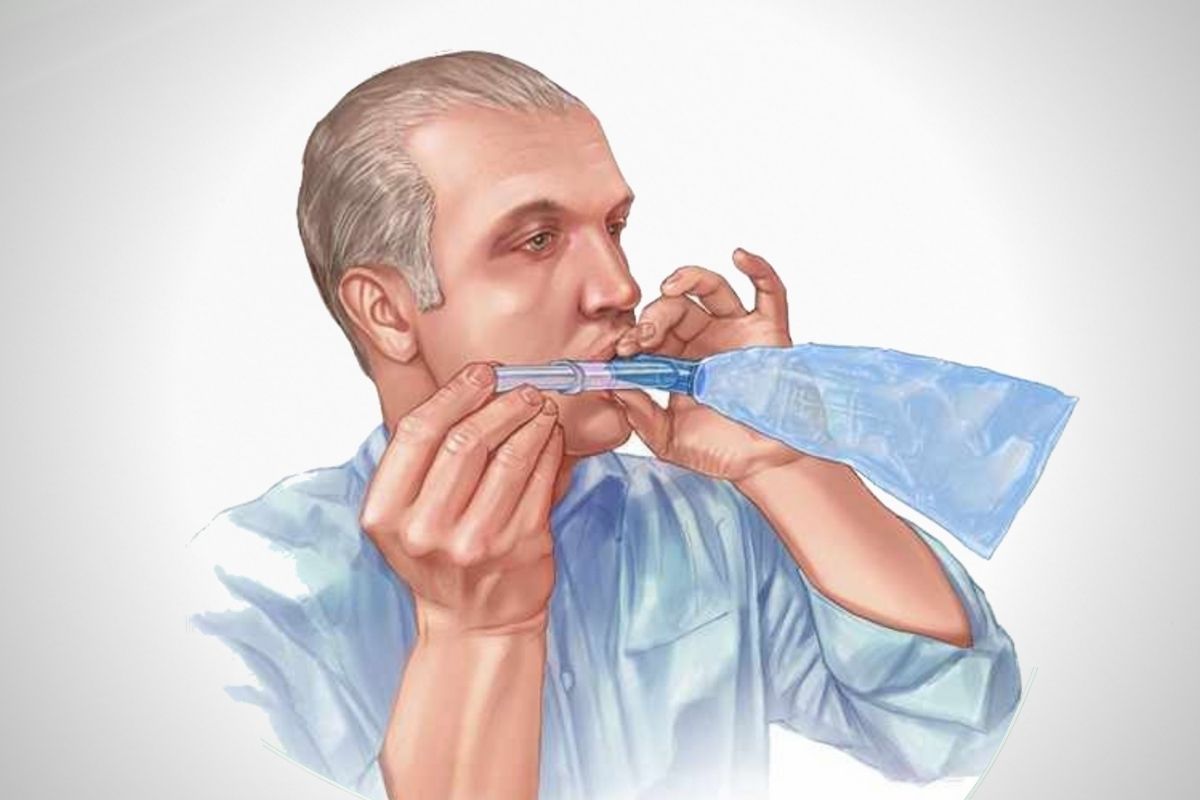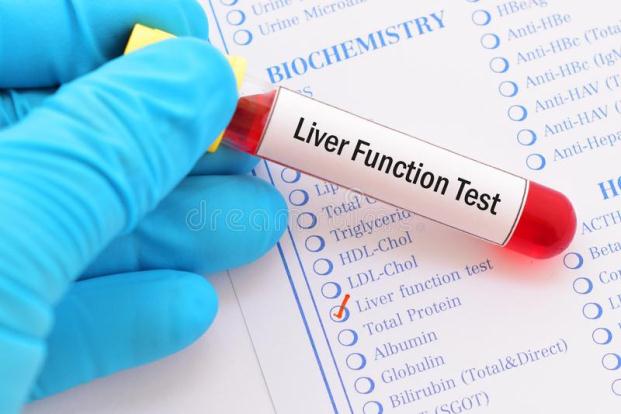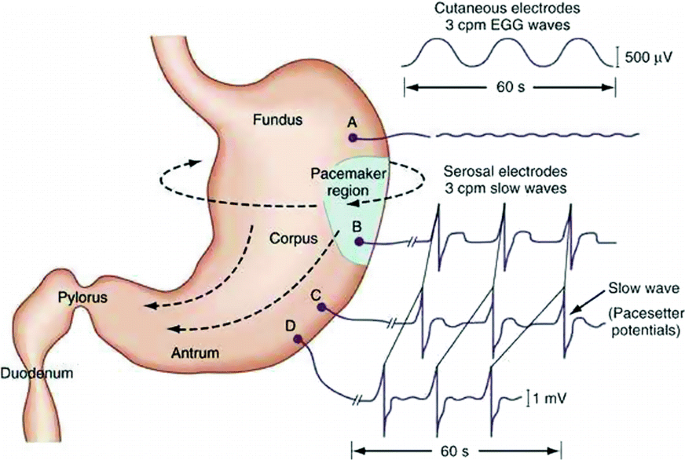PEP Test Details
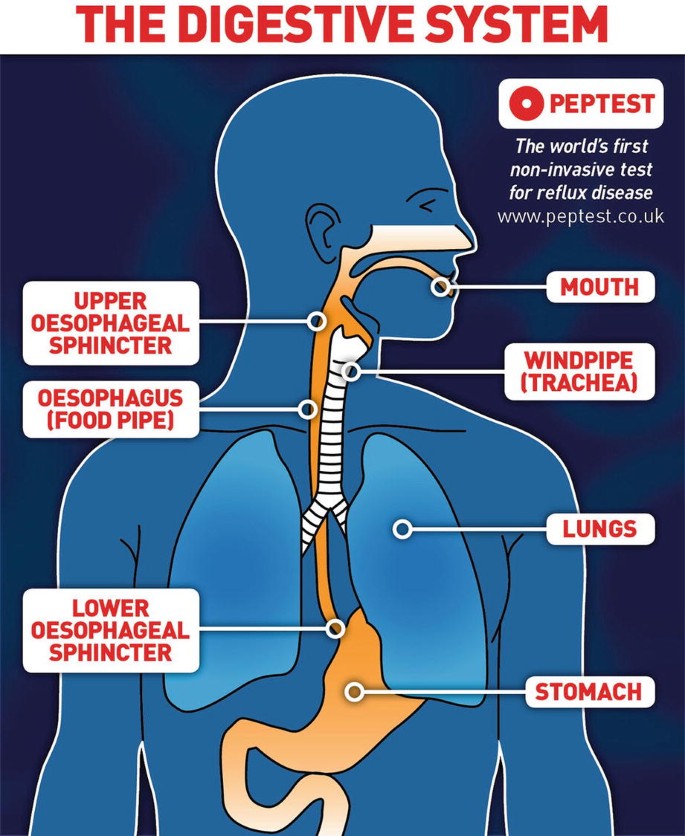
Pepsin can be detected rapidly and non-invasively using Peptest
Peptest™ is an innovative test for quickly and easily identifying patients who reflux gastric juice.
Gastric juice comprises ingested food and drink, acid and the digestive enzyme pepsin. All these components can be refluxed from the stomach into the oesophagus, larynx and respiratory system. Reflux of gastric juice is usually identified by detecting refluxed acid (H+ions) using 24 hr pHmetry or detecting refluxed fluid using 24 hr impedance monitoring. Both these techniques are highly invasive and in the case of pHmetry require the gastric fluid to be < pH 4.
Peptest permits the non-invasive, pH independent identification of patients suffering from gastric reflux. It detects pepsin in clinical samples obtained from the upper digestive tract and the respiratory system. The presence of pepsin in these samples is a reliable marker for the reflux of gastric juice.
Pepsin is the enzyme responsible for the crude digestion of protein in the diet. It is also the main aggressive agent responsible for damaging oesophageal and laryngeal tissue during reflux. Detection of pepsin in the refluxate is an appropriate objective clinical measurement tool because it specifically detects the damaging component of gastric refluxate.
Furthermore, detection of pepsin and the identification of a reflux event is independent of the pH of gastric fluid.
Peptest can detect pepsin in a wide range of clinical samples including:
- Saliva
- Sputum
- Tracheal aspirate
- Oesophageal aspirate
- Gastric juice (requires dilution)
- Exhaled breath condensate
- Bronchoalveolar lavage fluid
Peptest can be used to identify the presence of pepsin, which can contribute to the pathology of a wide spectrum of conditions:
- GORD
- EOR
- LPR
- Chronic cough
- Cystic fibrosis
- Lung allograft rejection
- Otitis media with effusion
- Asthma
- Sinusitis
How to prepare for Peptest?
30 MINUTES BEFORE TEST
- Avoid caffeinated drinks.
- Don’t smoke.
- Avoid Carbonated Drinks.
48 HRS (2 DAYS) BEFORE TEST
- Avoid Antacids.
- Avoid Alginates (Raft forming).
By following these preparation steps, you can help ensure that your Peptest results are accurate and reliable.

